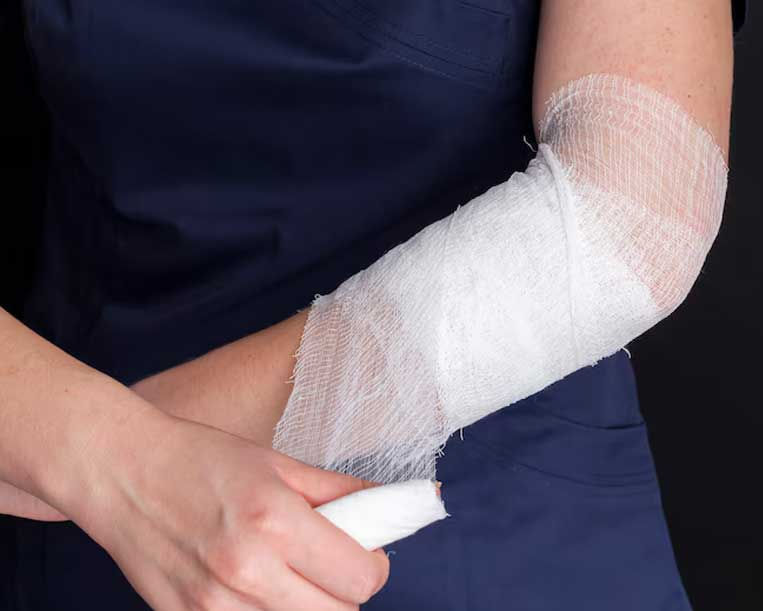Flat Foot Reconstruction Surgery: What to Expect and How to Prepare
- apachefootus
- Oct 21, 2024
- 2 min read

If you do have a flat foot condition and find that pain or discomfort prevents you from doing things, flat foot reconstruction surgery may offer hope for you. This surgery corrects and renews your foot arch, making it comfortable for you so that you can walk without much inconvenience. As such, let's break down how to prepare for the surgery and what to expect during the same so that you don't feel daunted by the surgical procedure.
What Is Flat Foot Reconstruction Surgery?
Flat foot reconstruction surgery is done to correct fallen arches or misaligned bones in the foot. It may incorporate any of the following operations: tendon transfers, bone grafts, and fusions. They are usually recommended for patients when nonsurgical treatments such as orthotics or physical therapy do not find relief from pain.
Why See a Foot and Ankle Specialist?
A foot and ankle surgeon is a specialist trained to deal with complicated foot conditions. In the case of flat feet, it is necessary to have an expert handle this condition to ensure that the diagnosis is accurate and consequently, the surgical plan is appropriate for restoring functionality and comfort. You will want to ensure proper preparation to minimize risks and achieve the best results by working with a qualified surgeon.
How to Prepare for Flat Foot Reconstruction Surgery
1. Consultation and Pre-Op Tests
Your foot and ankle surgeon will perform a physical examination and conduct various tests using images like X-rays to assess the condition. They will then devise a tailored surgery, based on the diagnosis.
2. Prepare for Post-Surgery Care
You might have to stop putting weight on your foot for several weeks. So, prepare to rely on others for daily chores. You might even require the support of crutches or a scooter to move around.
3. Discontinue Medication if Prescribed
Certain drugs, like blood thinners, may need to be discontinued before surgery. For all of these, follow the detailed recommendations of your surgeon.
1. Pre-Surgical Expectations
Surgery typically takes 2-3 hours and is performed under general anesthesia. Based on the severity of the flat foot, possible treatments include:
Bones Rearrangement.
Tendon Reconstruction or Transferred.
Bone Grafts Implantation to Reshape a Firm Arch.
Recovery after Surgery.
Acute Recovery Phase.
You might need to wear a cast or boot to keep the foot stable and refrain from putting weight on it for 6-8 weeks.
2. Physical Therapy and Rehabilitation
After the healing of the bones and tissues, physical therapy will return strength and flexibility to your foot.
3. Long-Term Outcome
Most patients experience improvement in pain level and mobility but total recovery could take months.
Conclusion
Flat foot reconstruction surgery can make a huge difference in the quality of life of those afflicted with chronic pain or mobility troubles. Preparing appropriately, whether consulting with a foot and ankle surgeon or planning your post-op care, will make recovery much smoother. Knowing what to expect when having the procedure and afterward can empower you to make decisions that are informed and more at ease.






Comments